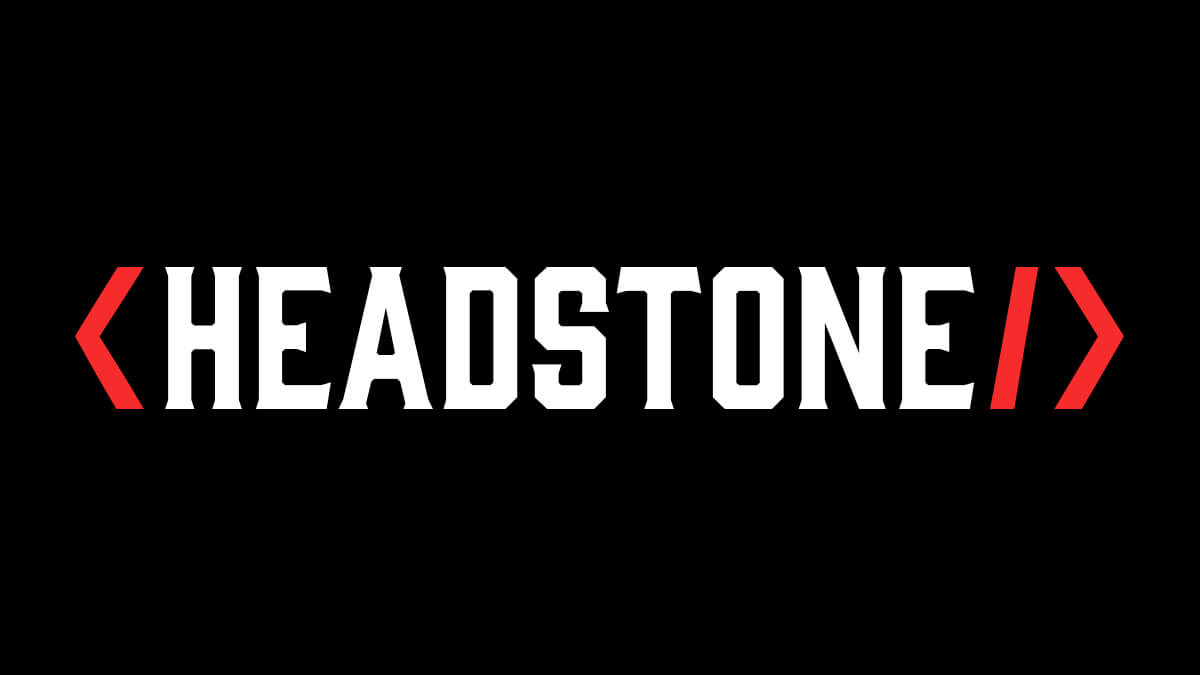Benefits of a Static WordPress Site

You’re here because you love WordPress. And we don’t blame you.
For the past 12 years, the team behind the Headless Hostman has been designing and developing WordPress websites for anyone from Fortune 50s to the coffee shop down the street.
For the past nearly 3 years, we’ve run the Headless Hostman — a service dedicated to Static WordPress.
WordPress is infinitely flexible. In the hands of a talented developer, nothing is impossible.
But there is a retro-modern practice that can make it cutting edge, and the undeniable king of the web: Static.
By decoupling your backend from the frontend and serving pre-rendered HTML to users, you can retain all the benefits of WordPress while unlocking new levels of speed, security, and peace of mind.
1. Speed That Speaks for Itself
Static sites are fast. Blazing fast. Why? Because they eliminate the overhead of dynamically generating pages with every single visit.
Instead of querying a database and executing PHP on demand, static sites serve simple HTML, CSS, and JavaScript files directly from a CDN or lightweight web server. This reduces load times dramatically—think milliseconds, not seconds.
Fast-loading sites aren’t just nice for users. They’re essential for SEO. Google’s algorithm favors fast sites, and page load speed can make or break user engagement. A static WordPress site ensures that every visitor sees your content instantly, no matter where they are in the world.
- And with the Headless Hostman, we offer even more to make your site more performant
2. Drastically Improved Security
Dynamic WordPress sites are vulnerable by nature. With every plugin you install, every theme you activate, you’re potentially exposing yourself to exploits, backdoors, or brute-force attacks.
Static WordPress eliminates this risk. There’s no login page to attack, no database to inject, no PHP to manipulate. Hackers can’t exploit code that isn’t there. What’s live on your site is just static content—nothing more, nothing less.
And because your backend is decoupled and hidden, even if you’re running outdated plugins or haven’t updated in a while, your live site remains untouchable.
3. Lower Maintenance, Less Stress
Anyone who’s managed WordPress long-term knows the constant upkeep: plugin updates, theme updates, core updates, database cleanups, PHP version changes—the list goes on.
Static WordPress drastically cuts down the to-do list. Because your live site doesn’t rely on PHP or MySQL, you can focus on editing and publishing content rather than firefighting every week.
4. Handles Traffic Spikes With Ease
Imagine your blog post goes viral or your product gets featured on a major site. Can your server handle the flood of traffic?
Dynamic WordPress sites often buckle under the pressure. Database timeouts, CPU overloads, and plugin conflicts can crash your site when you need it the most.
Static sites thrive under pressure. Since your content is already pre-built and distributed via a CDN, visitors don’t overwhelm your server—they’re served cached content instantly. No crashes, no slowdowns, no lost opportunities.
5. Future-Proof Performance
Modern websites are expected to load fast, stay secure, and scale effortlessly. Static WordPress checks all those boxes out of the gate.
And with the rise of headless CMS setups and frontend frameworks, static is quickly becoming the new standard—not just a niche alternative. Whether you’re a solo blogger or managing a sprawling enterprise site, static infrastructure is your ticket to future-proofing your digital presence.
6. Total Control Over Deployment
Static builds give you complete transparency over what’s going live. There’s no “surprise” updates or unexpected conflicts. What you push is what you serve. It’s deterministic—clean, consistent, and auditable.
You can test, validate, and deploy your site on your terms, whether that’s a full site push, a partial update, or a single-page refresh.
7. CDN Delivery by Default
Static files are perfect candidates for CDN distribution. Once deployed, your content gets served from the nearest node to your user—whether they’re in Los Angeles, London, or Lagos.
- The Headless Hostman hosts every Static site on Cloudflare, which propagates sites across 330+ distribution centers globally.
This improves global performance and ensures availability even if your origin server goes offline. Dynamic sites, on the other hand, depend heavily on origin uptime and server response time.
8. Reduced Hosting Costs
Since static sites don’t require PHP, MySQL, or heavy server-side resources, they can live on inexpensive hosting environments—sometimes even free ones. You’re not paying for a bloated server stack when all you need is fast file delivery.
This makes static WordPress especially attractive for agencies, nonprofits, personal projects, or anyone trying to cut recurring costs without compromising quality.
Yes, there is a world of “cheap” WordPress hosting, but you get what you pay for. With a database-driven, traditional WordPress site, your problems only get worse on cheap server providers.
Go premium, like WP Engine or Pantheon, and you will quickly need to shell out the big bucks. But, these don’t make your problems go away fully and those are not as performant as bonafide Static WordPress.
9. Easily Versioned and Integrated
Properly set up Static WordPress sites push Static file versions to a version control platform first.
- Every Headless Hostman build is deployed to GitHub first for full control and rollback capabilities.
10. Still WordPress at Heart
Perhaps the best part? You don’t have to give up WordPress. You still log in the same way. You still write content in the same editor. You still use your favorite plugins and themes.
The difference is in the output. When you publish, your site is transformed into something leaner, faster, and significantly more secure.
It’s the best of both worlds—without the baggage.
Want to Experience Static WordPress Without Rebuilding Everything? We Got You

If all of this sounds amazing—but you’re wondering how to actually make it happen—don’t worry. That’s where we come in.
Headless Hostman is built to bring you all the benefits of a static WordPress site without the tech headache. No complex setup. No third-party build systems. Just log in to WordPress, edit as usual, and click “publish.”
Your live site instantly becomes a high-performance, static build that’s hosted securely and distributed globally. No PHP, no database, and no exposed plugin vulnerabilities. And when you’re done editing, you can even shut down the backend entirely. We call it carbonite —and it means your backend can sleep soundly while your site stays live and thriving.
Whether you’re a business owner, developer, or agency, Headless Hostman lets you:
- Use any plugin or theme you want
- Lock down your WordPress backend when not in use
- Deploy updates instantly, full or partial
- Protect your site from bots, malware, and attacks
- Enjoy pure static performance—without giving up WordPress
Static is the future. Headless Hostman makes it effortless.
So go ahead—ditch the fragility, the fear, and the slow load times. Stay on WordPress. Just make it smarter. Safer. Static.
Deeper into the Abyss


